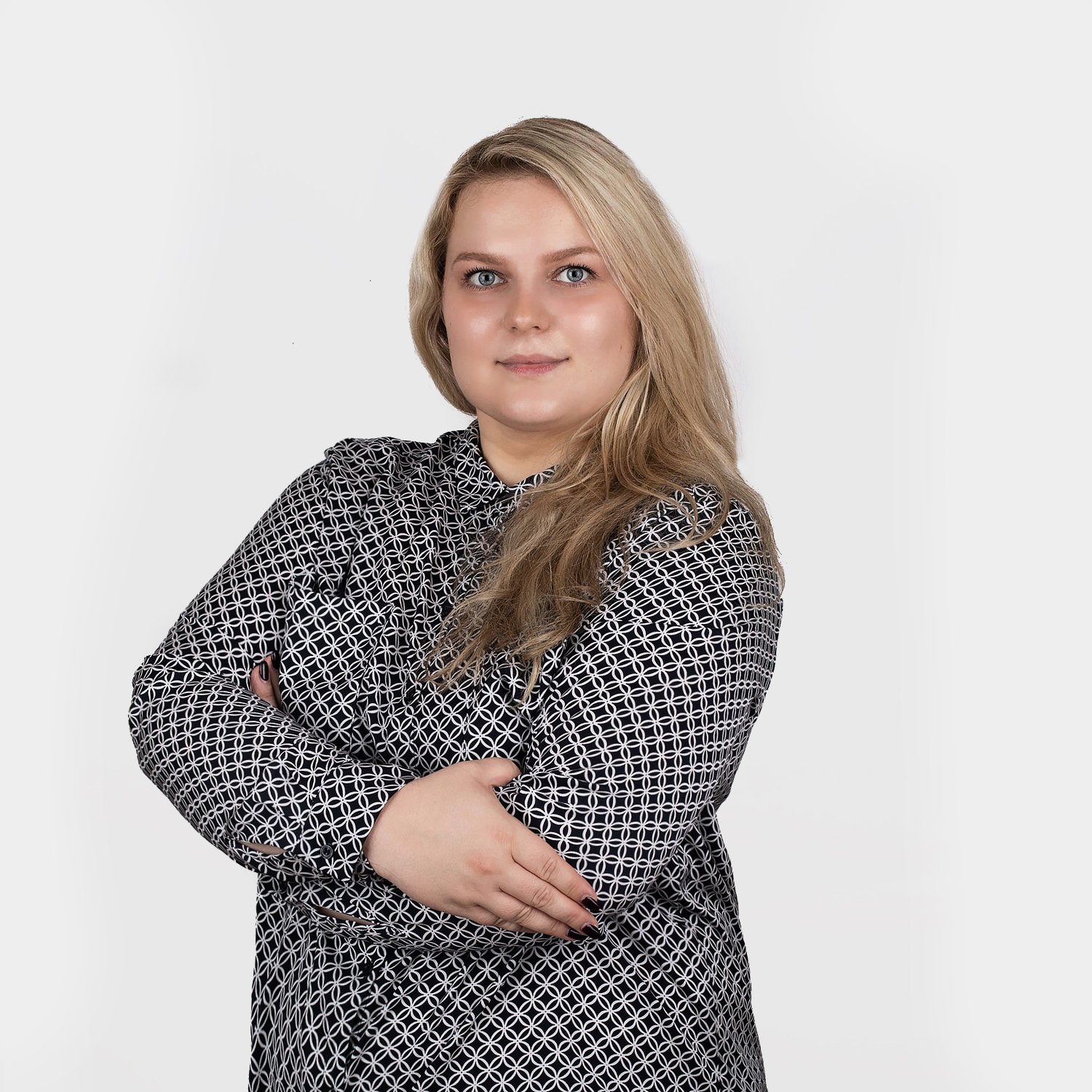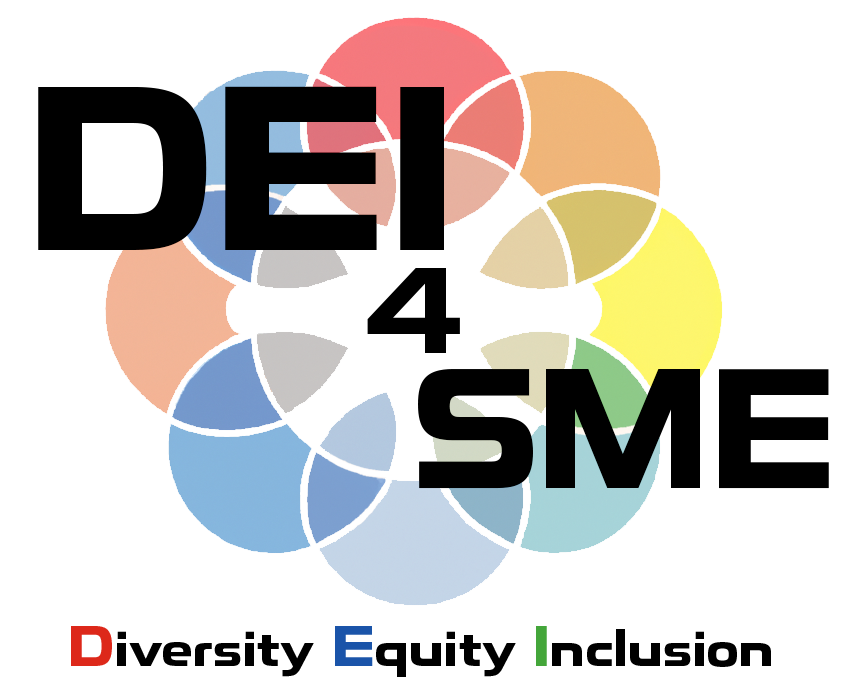MEET THE TEAM
Joana Ramanauskaite
 The DEI4SME team and the organisers of the students’ hackathon in Kaunas, Lithuania, are delighted to meet Associate Professor Dr. Joana Ramanauskaitė from Kaunas University of Technology, Lithuania. As a member of the DEI4SME project team and a dedicated researcher, we eagerly anticipate hearing her insights on her personal motivation for organizing the DEI4SME students’ hackathon.
The DEI4SME team and the organisers of the students’ hackathon in Kaunas, Lithuania, are delighted to meet Associate Professor Dr. Joana Ramanauskaitė from Kaunas University of Technology, Lithuania. As a member of the DEI4SME project team and a dedicated researcher, we eagerly anticipate hearing her insights on her personal motivation for organizing the DEI4SME students’ hackathon.
Interviewer: What personal experiences or events have motivated me to get involved in diversity, equity, and inclusion efforts?
Joana: Throughout my life, I’ve observed how deeply rooted stereotypes still influence our world. Women in tailoring, men in construction, and similar patterns seem almost expected. My own career began in fields traditionally associated with women, and I’ve always been sensitive to issues of inequality, how people are treated differently based on their roles or circumstances.
I believe that our opportunities are shaped by the environments we grow up in, not just individual effort. This awareness of systemic inequality has driven me to think about solutions. Now, working in academia with management topics, I’m committed to addressing these biases, especially in organisational practices, where change is often most needed. DEI isn’t just a concept – it’s a necessity for creating fairer, more inclusive workplaces and societies.
Interviewer: Who or what has inspired me the most in committing to promote DEI within the organisation, and how has that influence shaped your approach?
Joana: My commitment to promoting diversity, equity, and inclusion comes from a deep sense of personal responsibility. I feel that staying silent is not an option, even though I sometimes struggle with doubts about whether my efforts can truly make a difference. Despite this, I consistently try to voice my perspective and shed light on DEI issues within organisations.
I recognise that these challenges are often deeply rooted in organizational culture, making them difficult to address. For me, academia provides a platform to tackle these issues through research and thoughtful dialogue. I aim to understand diverse viewpoints before forming judgments, though this is easier said than done. However, I remain committed to fostering open-mindedness and empathy, recognizing that everyone has different needs, just as I appreciate being understood myself. Ultimately, my sense of responsibility is what drives my work in diversity, equity, and inclusion.
Interviewer: What core values drive my passion for DEI, and how do these values influence my work and interactions with others in this initiative?
Joana: It might sound simple, but I believe that what drives me to explore diversity, equity, and inclusion more deeply is a strong sense of social justice. In the most straightforward sense, DEI is essential because people have different opportunities, possibilities, and circumstances that shape their personal and professional growth.
I recognise that not everyone has had the chance to reach their full potential due to limitations in their environments. While it's difficult to address every individual’s unique needs, I believe we should focus on reshaping social structures to create spaces where people feel safe to express themselves, discover their strengths, and pursue their ambitions. Ultimately, social justice is about ensuring that everyone has a fair chance to thrive and contribute meaningfully.
Interviewer: What changes I hope to see as a result of my DEI work, and what motivates me to strive for these changes?
Joana: One of my fields of interest is quality management, where every policy, practice, and process must be carefully documented. However, when it comes to sensitive topics like diversity, equity, and inclusion, I feel that while these issues are gaining visibility in media and social conversations, there’s still a long way to go. Society is gradually maturing in its understanding, but misunderstandings and controversies remain.
The purpose of diversity, equity, and inclusion isn’t about setting quotas for every social group. It’s about bringing together the best people for the right tasks while recognizing that their experiences and opportunities may differ due to their backgrounds. Every person’s contribution is valuable and should be appreciated.
I believe we need not only procedural changes but also cultural shifts. We must become more sensitive and understanding toward people with different needs. Even if we don’t always agree with someone’s perspective, we should strive to listen with compassion and empathy. Ultimately, building a more inclusive society starts with respecting and valuing each other’s voices.
Interviewer: How has involvement in DEI initiatives contributed to my personal and professional growth, and what skills or insights have I gained through this experience?
Joana: Understanding how people navigate challenges, make decisions, and choose different pathways has deepened my empathy. Exploring diversity, equity, and inclusion has broadened my perspective and helped me appreciate the complexities of others’ experiences. It’s not just about identifying problems but also about understanding the solutions people pursue and why. This journey has taught me to approach situations with greater compassion and openness.
